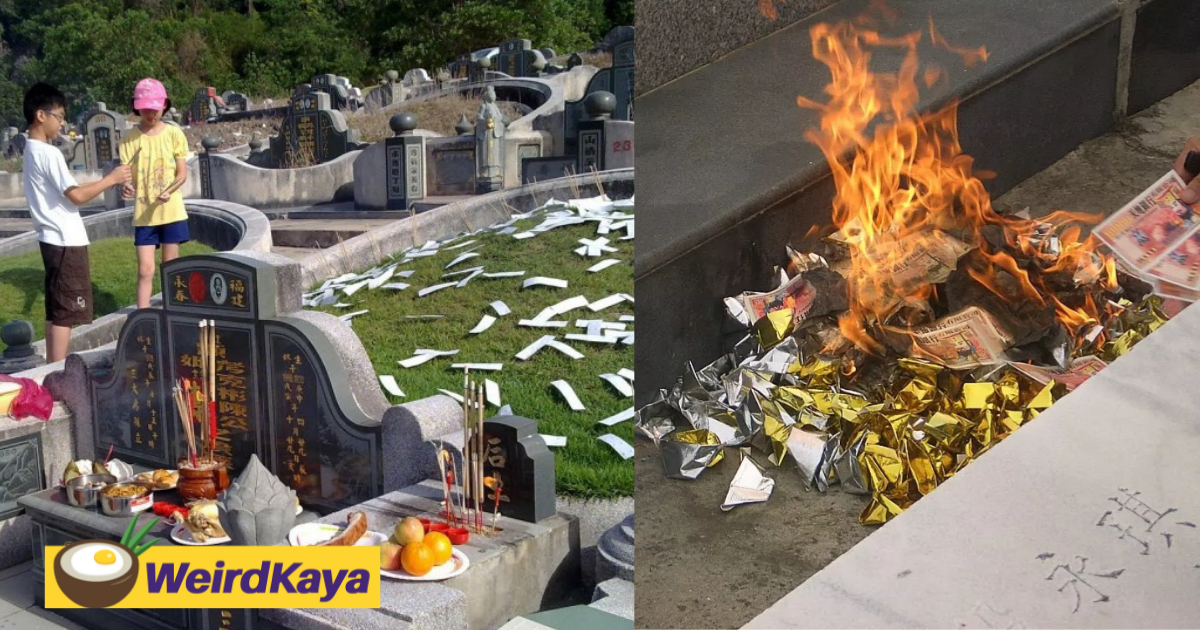An annual event that’s rather foreign to the Western world, the Qingming Festival (清明节) is a day where family members would dedicate the day in paying homage to their ancestors and is observed between April 3 and April 5 every year by the Chinese community.
To most youngsters, Qingming is just another day of gathering with relatives under the hot sun and participating in several tasks such as cleaning up the tombs, burning joss sticks, and performing prayers.

Where did Qingming originate from?
Also known as the Cold Food/Hanshi Festival (寒食), Qingming is believed to have originated during the Spring and Autumn Warring Period (春秋时代), where China was deep in political and social upheaval.
Chong ‘er (later known as Duke Wen) was fleeing from his home state of Jin to avoid assassination after it was known that he was in line for the throne. Along the way, he came close to death due to starvation but was saved by his loyal follower Jie Zitui, who cut off his own flesh from his thigh and gave it to Chong ‘er as food.

Years later, Chong ‘er ascended to the throne and asked Jie Zitui to join him but the latter refused to do so.
In anger, Chong ‘er set the forest Jie Zitui was residing at with his mother on fire in an attempt to “choke” him out. Sadly, both Jie Zitui and his mother perished in the incident.
Filled with remorse, Chong ‘er subsequently banned the use of fire for several days to commemorate Jie Zitui’s death, thus forcing the people to eat their food cold.
This practice gradually became part of Chinese culture and later evolved into what Qingming is today.

But rituals and folklore aside, Qingming has recently got me thinking: how much do I actually know about the person lying in the tomb or the urn containing their ashes?
A man of many trades
My own Qingming experience didn’t include the burning of joss sticks or paper paraphernalia. Coming from a Christian family, all I did was place chrysanthemum flowers at my grandfather’s tomb and whisper a silent prayer.
I was only four-years-old when my grandfather passed away and I barely have any recollection of him, except that he was gravely ill and wheelchair-bound.
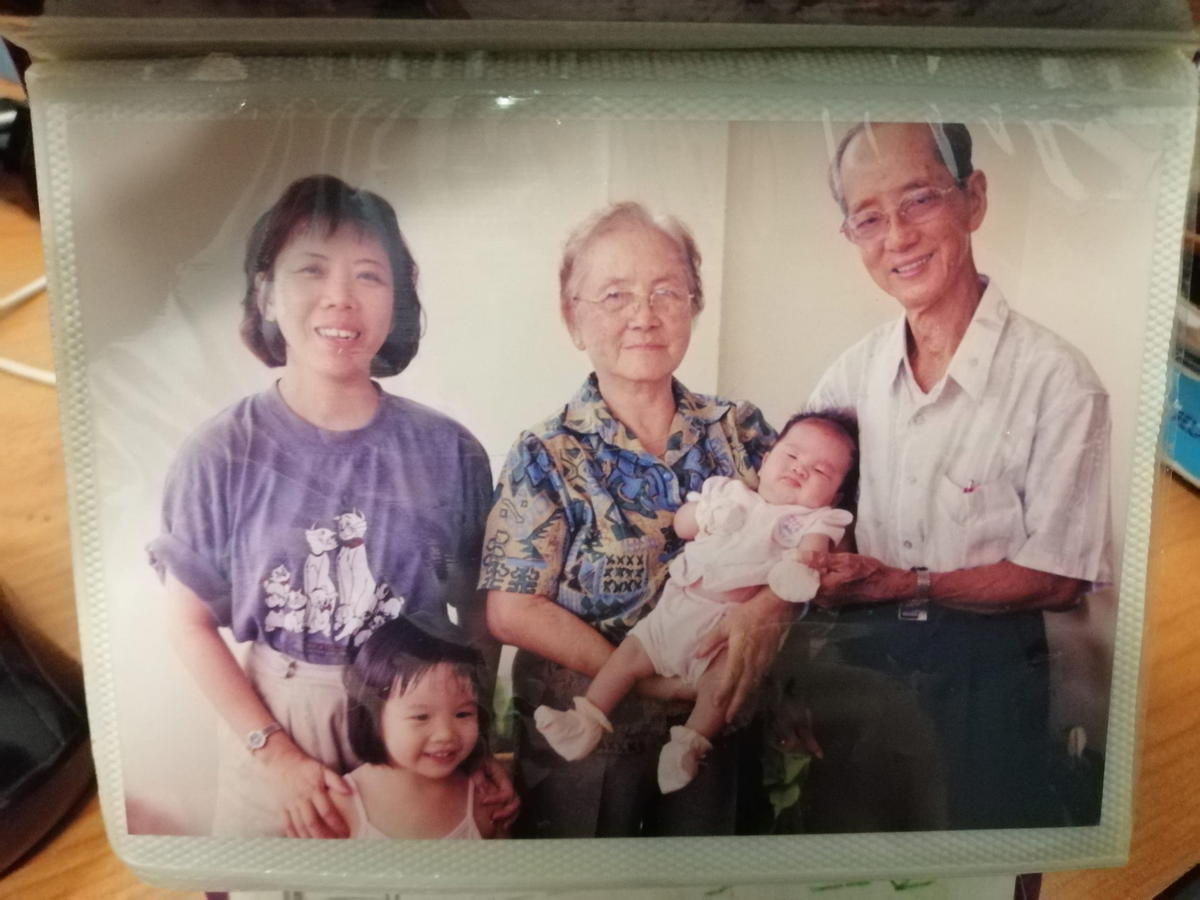
However, I slowly began to uncover my grandfather’s past through my dad, who would often tell me stories of how great a man he was during his time on earth.
Through my father, I got to know that my grandfather was an avid bird-lover, an English teacher, and a devoted family man who spent a lot of time with his children.
He was also a skilled carpenter who bought wood from the market and single-handedly made a cupboard, which still stands firmly at my grandparent’s home to this day.
Multi-generational and religious Qingming
For John (not his real name), Qingming is more than a traditional event; rather, it is a time where he would pay respect to his roots which span all the way to his great-grandparents and cherish family bonds.
According to John, his great-grandparents were parents to a total of 10 children, some of which who were not their own.
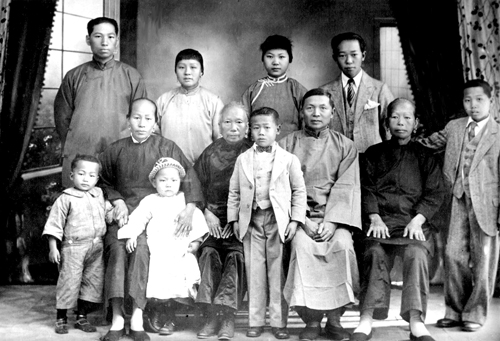
This is because back then, parents who could not afford to raise their children would give them away to well-to-do families, one of them being John’s great-grandparents.
Although some of my great-grand uncles and aunties have no blood ties with me, they never fail to turn up every Qingming.
“Despite my extended family members being Christians while my own family practices Buddhism, we all will still gather together for Qingming and remember our ancestors in our own ways,” he said.
‘Qingming isn’t as important anymore’
On the other hand, Carine (not her real name) finds Qingming as just another ordinary day and does not see it as much of a big deal.
When asked if she feels emotionally attached to the dearly departed, she said that she prays to them on a regular basis and doesn’t exactly share a strong emotional tie.

To me, Qingming is just an elaborate way to pay respect to our ancestors and is no different from doing it at home.
“I often liken it to couples who don’t go on a date on Valentine’s Day as what matters are the things they do in an ordinary day and not just on the special occasion itself.”
More than an homage
Having heard various views on celebrating Qingming, I’ve come to realise that perhaps Qingming is more than just paying homage to those who have passed on — it is also an occasion where we console a regretful part of us for not caring for them as much as we should.
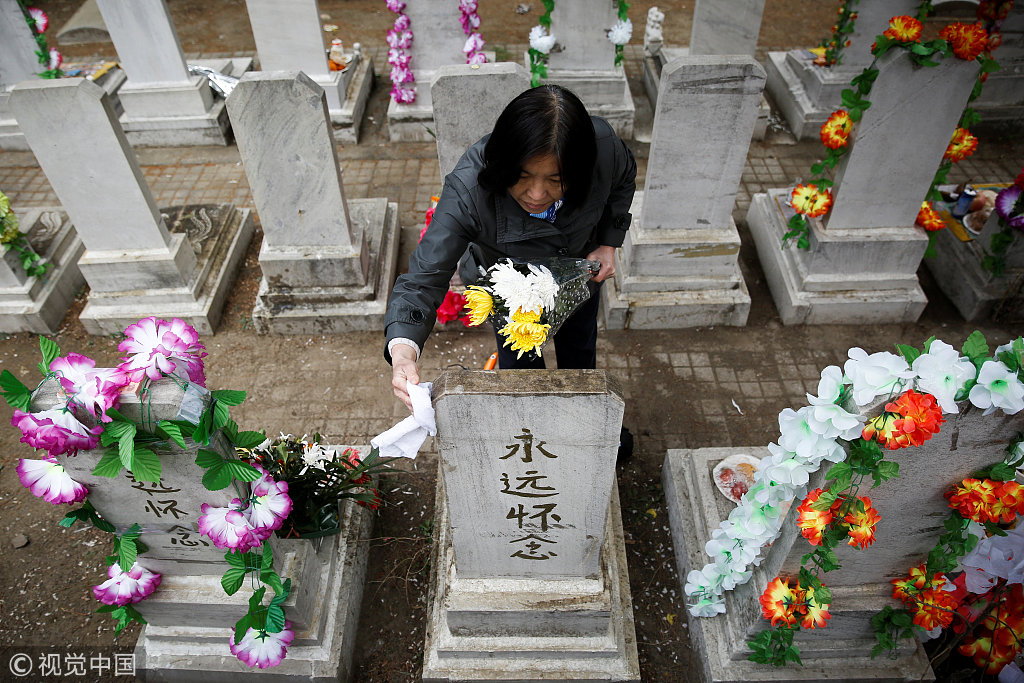
Some burn joss sticks and paper paraphernalia, not knowing if the “money” or “houses” would actually reach them.
Yet, many still do so believing that it will provide the deceased with all the riches they can enjoy in the afterlife for eternity.

Many offer prayers with the hopes that the departed spirits would be able to hear their blessings and gratitude.
For some, it is a cry of resentment or bitterness over a wrong not yet set right.
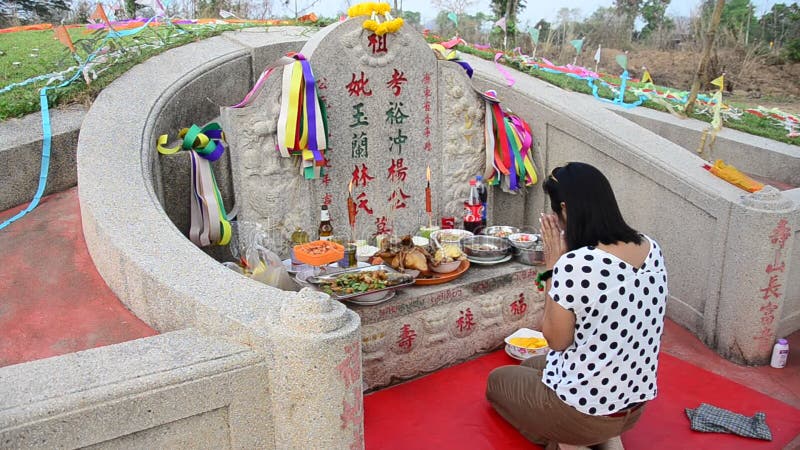
No matter what position Qingming holds in your heart, it will always carry a different meaning for everyone.
Read also:
Cover via Dialect Zone and The Culture Trip.


